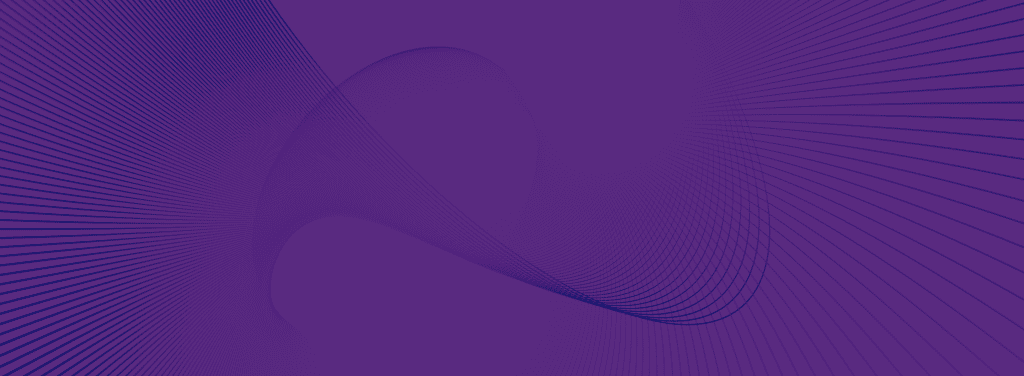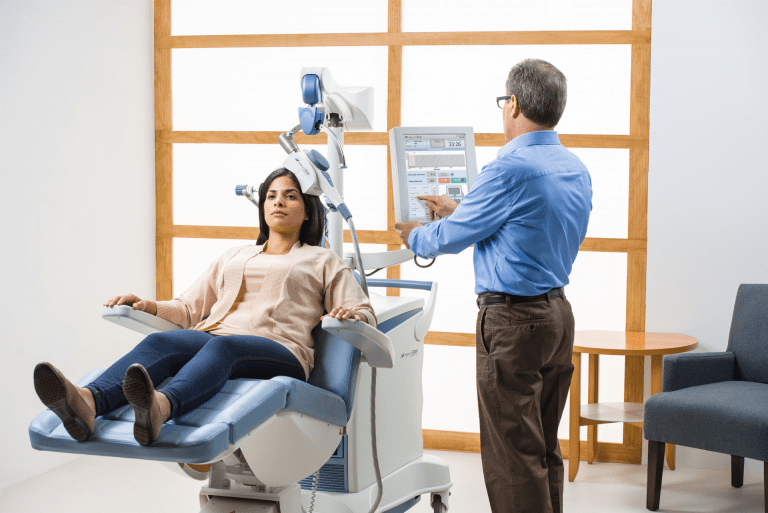Depression can keep you from living your fullest life. Take back your power and make long-term remission possible with NeuroStar®, a safe, proven, non-drug, noninvasive way to treat depression.
Call today 971-228-8672

Depression can keep you from living your fullest life. Take back your power and make long-term remission possible with NeuroStar®, a safe, proven, non-drug, noninvasive way to treat depression.
Call today 971-228-8672

With more than three million treatments delivered, this novel treatment approach to achieving remission is bringing new hope to people every day.
Call today 971-228-8672
View VideosNeuroStar uses transcranial magnetic stimulation (TMS) to target key areas of the brain that are underactive in people with depression. It is not ECT (electroconvulsive therapy).While the exact cause of depression is not known, the leading scientific theory is that it is caused by an imbalance of the brain’s neurotransmitters, which are chemical messengers that send signals between brain cells.
What is NeuroStar Advanced Therapy (TMS)?
During a NeuroStar treatment session, a magnet similar in strength to that used in a magnetic resonance imaging (MRI) machine is used to stimulate nerve cells in the area of the brain thought to control mood. These magnetic pulses may have a positive effect on the brain’s neurotransmitter levels, making long-term remission possible.
Treatment with NeuroStar Advanced Therapy is easy.
• Therapy sessions are conducted in your NeuroStar doctor’s office
• You can return to normal activities right away
• You are awake during treatment
• There are no negative effects on memory or sleep
• It’s covered by most health insurance plans, including Medicare and Tricare



Because there are no effects on alertness or memory, you can drive yourself to and from treatment sessions. In-office treatment with NeuroStar TMS Therapy typically takes 19-37 minutes and is administered 5 days a week for approximately 4-6 weeks.*
Dr. Hategan was the third NeuroStar® TMS provider in Oregon and her patients have had great success over the last several years. Dr. Hategan is board-certified in psychiatry, forensic psychiatry, and addiction medicine. After graduating medical school in 1984 and three years of internship, she completed a residency in ENT. She worked as an ENT surgeon for 8 years in Romania. In 2000 she moved to the US and entered the Psychiatry Residency at EVMS in Norfolk, Virginia in 2003 through 2007; fellowship in forensic psychiatry 2007-2008. She worked for several years at Oregon State Hospital and also at Cedar Hills Hospital while building her own practice. Dr. Hategan is the medical director of Lifeline Connections residential treatment for substance use disorders and she has experience in working in the federal prison system.
Learn More About Dr. Liana Hategan
Transcranial magnetic stimulation, often referred to as TMS is a noninvasive procedure that uses magnetic fields to stimulate nerve cells in the brain to improve symptoms of depression. TMS is typically used when antidepressant medications haven’t been effective, have ceased working, or as an alternative to medication.
TMS involves delivering magnetic pulses to specific parts of the brain.
A typical initial course of treatment is about 19-37 minutes daily over 4-6 weeks.
A vast majority of commercial and Medicare plans have recognized the effectiveness of treating depression with TMS Therapy and now cover TMS as part of their plans.
TMS does not circulate in the blood throughout the body, so it does not have side effects like weight gain, sexual dysfunction, nausea, dry mouth, sedation, etc. The most common side effects reported during clinical trials were headache and scalp discomfort –generally mild to moderate–occurring less frequently after the first week of treatment.
No. TMS Therapy involves a unique method of using pulsed magnetic fields for a therapeutic benefit. The intensity of the magnetic field is similar to that of an MRI. These techniques differ radically from the popular use of low intensity, static magnetic fields. Those products deliver weak and undirected static fields that are not capable of activating brain cells. The activation and stimulation of brain cells is a key part of why TMS is so effective.
Please call us today at 971-228-8672
Visit neurostar.com for indications for use and safety information.